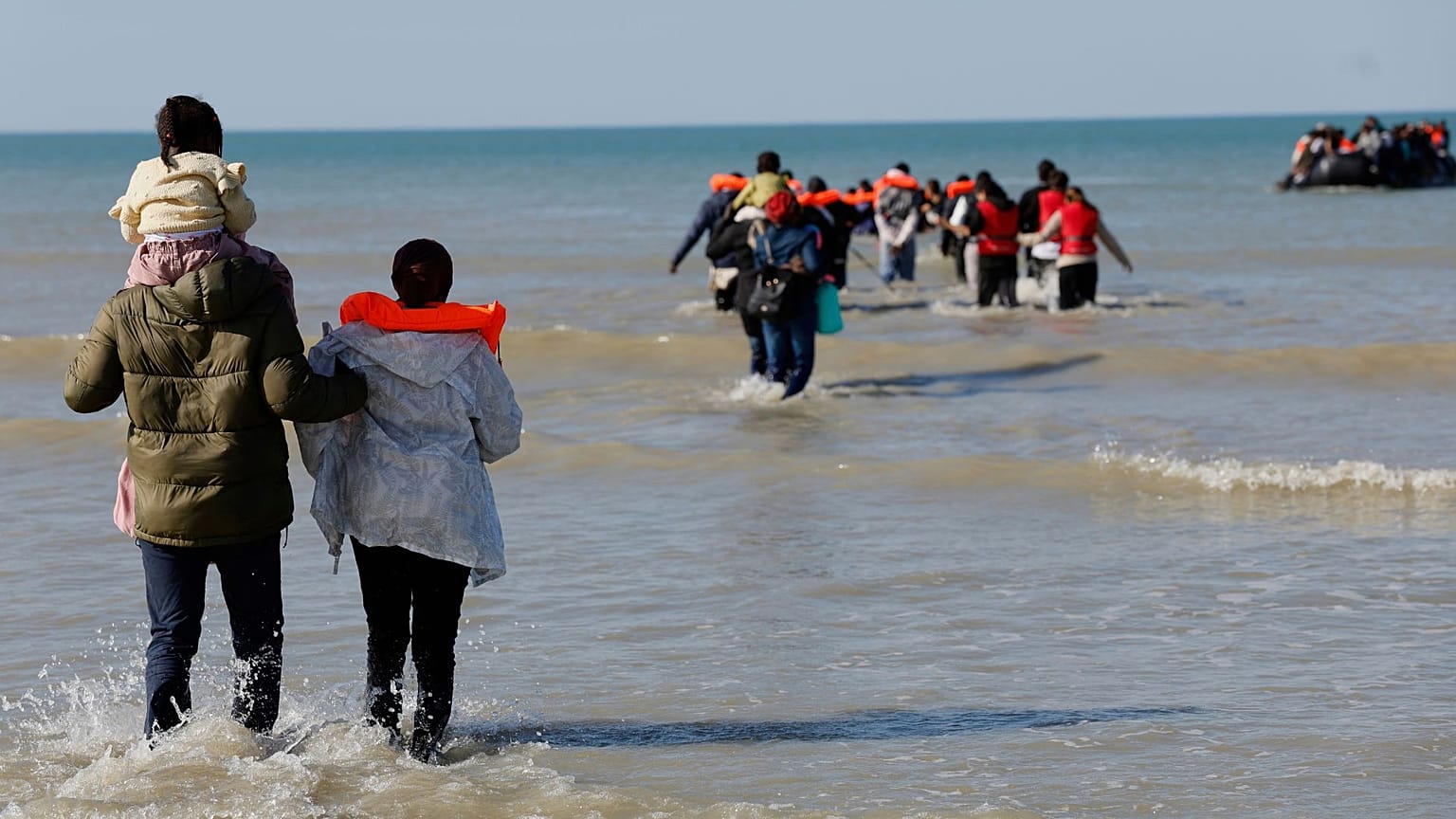Britain will unveil immigration reforms cutting financial support for asylum seekers fit to work, adopting Denmark's model of temporary asylum to address political pressure.
Britain will unveil immigration reforms on Monday that include cutting financial support for asylum seekers deemed fit to work, as the Labour government adopts Denmark's model of temporary asylum in response to mounting political pressure.
The Home Office said aid will become "discretionary" under the new reforms, allowing authorities to deny support to those capable of working. UK Home Secretary Yvette Cooper will provide full details of measures designed to deter illegal arrivals and speed up repatriations.
More than 100 British charities urged Cooper in a letter to end "the victimisation of migrants and display policies that only cause harm," saying the measures served to stoke racism and violence.
Immigration has overtaken the economy as voters' top concern in the UK, according to polls, with the far-right Reform UK party making the issue central to political debate and pressuring the government to take a tougher stance.
More than 109,000 people applied for asylum in the UK in the year to March, a 1% increase on the previous year and 6% above the record high of 2002.
Danish model in Britain
The UK Home Office said its reforms would be based on models from Denmark and other European countries where asylum is temporary, protections are conditional and asylum seekers are expected to integrate into society.
In early 2025, senior Home Office officials travelled to Copenhagen to study Denmark's approach, under which migrants receive temporary residence permits, usually for two years, and must reapply once they expire.
If Denmark's Social Democrat government recognises the country where asylum seekers originate as safe, they can be returned.
The path to citizenship has become longer and more difficult in Denmark, with stricter rules imposed on family reunification. A 2016 law gives Danish authorities power to seize valuable assets from asylum seekers to recoup support costs, a measure that provoked significant controversy.
The UK currently grants asylum to people who can prove they are not safe in their home country, with refugee status granted to those subject to persecution. Asylum status is valid for five years, after which refugees can apply for permanent residence if they meet specific criteria.
Denmark has maintained strict immigration policies for more than a decade. The country's Interior Ministry said the policies have reduced asylum applications to the lowest level in 40 years, with around 95% of rejected applicants deported.















